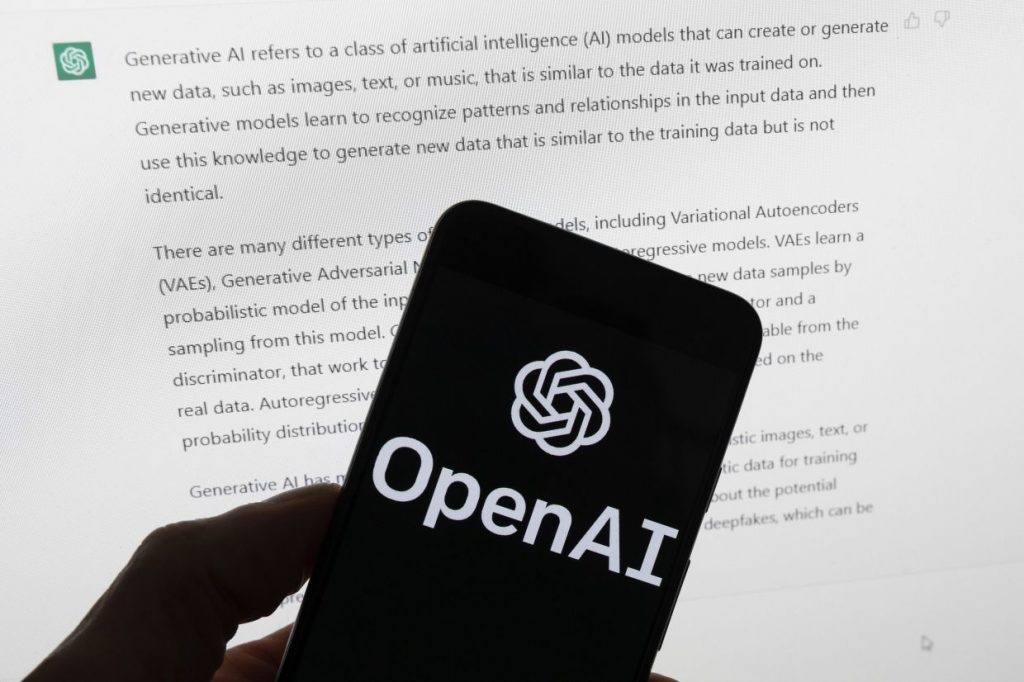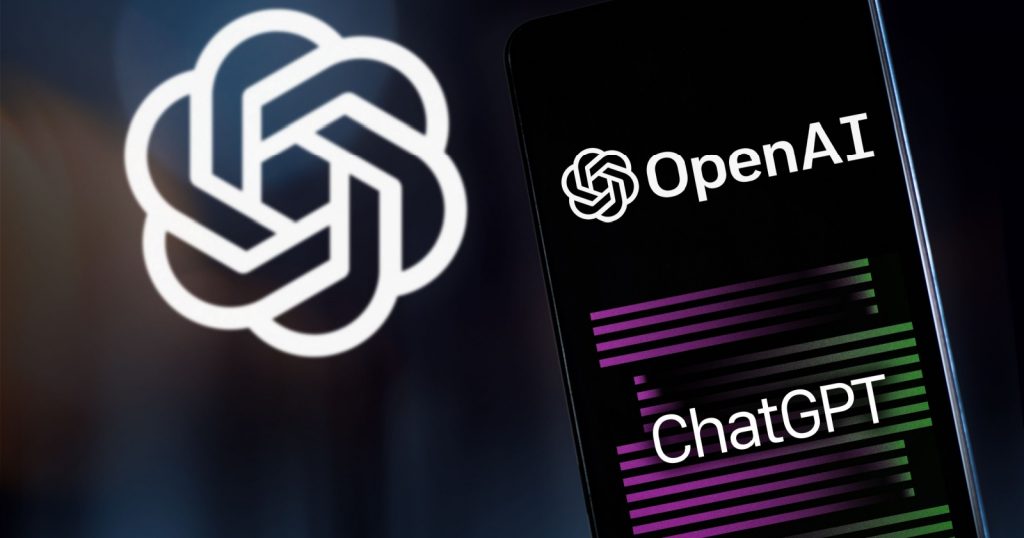According to a recent report from Axios, the House made changes to how congressional offices can use ChatGPT on Monday. They also stated that other chatbots are not yet authorized.
In a memo on Monday, House Chief Administrative Chief Catherine L. Szpindor explained that lawmakers and staff can only use the paid version of ChatGPT called ChatGPT Plus. This version has improved privacy features.
The chatbot can only be used for “research and evaluation” with privacy settings enabled. It is not allowed to paste any unpublished text into the service.
Several private companies, such as Samsung and Apple, have restricted or prohibited their employees from using generative AI tools like ChatGPT. They are concerned that sensitive information might be leaked through these tools. Previous privacy issues with OpenAI, such as a bug that exposed users’ chat histories, have reinforced these fears.

“No other versions of ChatGPT or other large language models AI software are authorized for use in the House currently,” Szpindor wrote in Monday’s memo.
This announcement follows Senate Majority Leader Chuck Schumer’s call for Congress to pass new legislation to regulate the artificial intelligence industry. Schumer has outlined Congress’ focus areas, including the potential risks of AI to national security and employment.
“AI could be our most spectacular innovation yet, a force that could ignite a new era of technological advancement, scientific discovery, and industrial might,” Schumer said last week. “The first issue we must tackle is encouraging, not stifling, innovation. But if people don’t think innovation can be done safely, that will stifle AI’s development and even prevent us from moving forward.”

Both the Senate and the House have introduced a few bills this year to regulate the industry. Senators Richard Blumenthal and Josh Hawley proposed a measure that would remove Section 230 protection for AI companies, making them legally liable for their products.
Congress has also engaged in discussions with key industry figures, such as Sam Altman, the CEO of OpenAI, who was warmly welcomed by the Senate in May.
Other measures being considered involve federal agencies reviewing their AI policies or establishing a new commission to study and establish industry rules.


